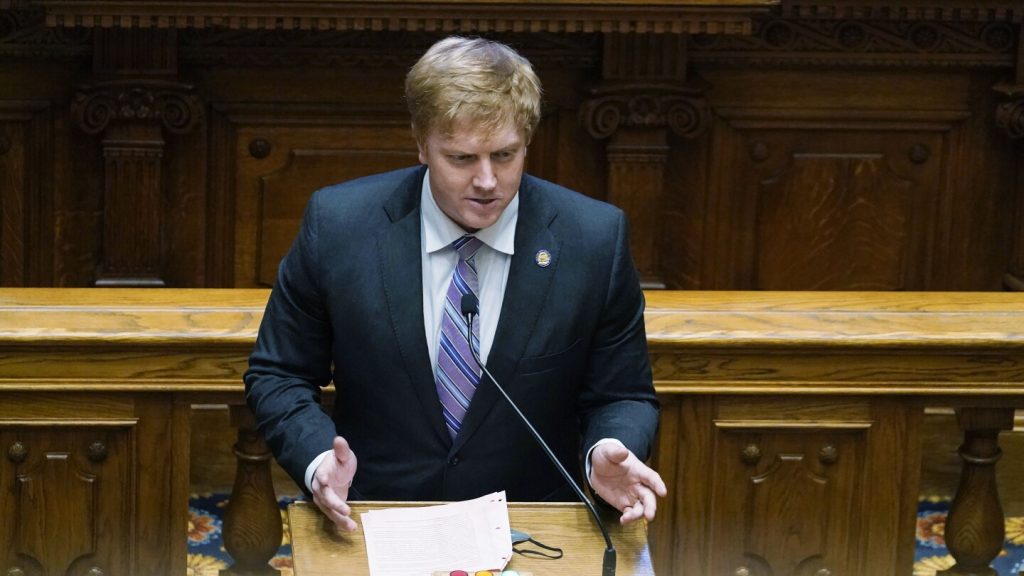The Georgia Senate recently passed a budget that includes pay raises for public school teachers and state employees. The budget, which allocates $36.1 billion in state money and $61 billion overall for the year starting July 1, focuses on increasing spending on education, health care, and mental health. This comes after Gov. Brian Kemp and lawmakers supplemented this year’s budget with billions in one-time cash, boosting state spending to $38 billion. Public school teachers are set to receive a $2,500 raise, along with a $1,000 bonus that was distributed in December. Prekindergarten teachers will also see a $2,500 raise, increasing the average teacher’s pay in Georgia to over $65,000 annually.
State and university employees are also in line for a 4% pay increase, with the potential to earn up to $70,000 in salary. The Senate Appropriations Committee Chairman, Blake Tillery, mentioned that these pay raises are among the key areas of agreement. Some employees, such as state law enforcement officers and child welfare workers, will receive additional raises. However, the plan does not specify whether judicial pay raises will be implemented. Despite having funds allocated in the Senate budget for judicial pay raises, Tillery is pushing for a state constitutional amendment for this purpose, which is yet to progress. The House is working on incorporating the plan through a regular bill.
In addition to the pay raises, the proposed budget allocates hundreds of millions of dollars for increasing payments to various healthcare providers such as nursing homes, home health care providers, dialysis providers, therapists, and physicians. There is also a focus on increasing funding for domestic violence shelters and sexual assault response to counterbalance the reductions in federal funding faced by some agencies. While there is agreement on certain aspects between the House and Senate, there are significant differences as well. The Senate plans to allocate $80 million more towards increasing pay for companies providing home-based services to individuals with disabilities, along with raising the amount that local school boards contribute to health insurance for non-certified employees.
As the Senate and House navigate through their differences, one important aspect of discussion remains the push from Kemp’s administration to limit additional spending on continuing programs and focus more on one-time investments. This approach could impact proposed rate increases for medical and social service providers. The state is planning to use surplus cash accumulated over the years to pay for new buildings and equipment in the upcoming budget, instead of borrowing as usual. The Senate even proposes using $33 million meant for other expenditures to pay down debt, aiming to free up more spending in the future years.
Overall, the budget passed by the Georgia Senate reflects the state’s commitment to investing in education, healthcare, and employee wages. The proposed pay raises for public school teachers, state employees, and various service providers indicate a step towards improving the quality of life for residents in the state. The ongoing discussions between the Senate and House on specific allocations and priorities will be crucial in shaping the final budget for the upcoming fiscal year. As lawmakers work to reconcile their differences and finalize the budget before the legislative session ends, the focus remains on efficient allocation of resources to enhance key sectors of the state’s economy and society.


